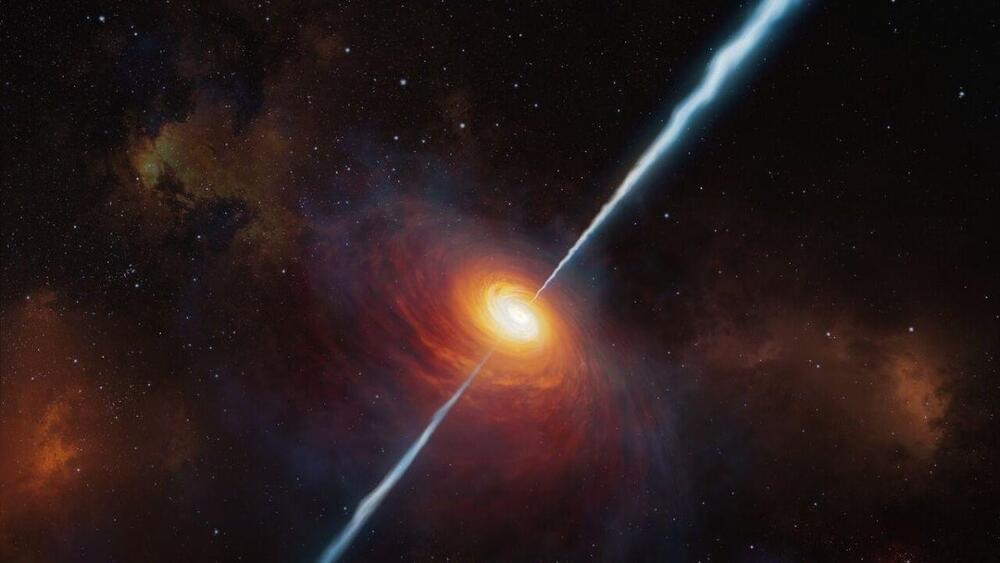Lewis and Brendon Brewer of the University of Auckland are co-authors on a new paper describing the long-sought after confirmation of time dilation effects in the variability of quasars. A quasar is powered by an accreting supermassive black hole at the heart of an extremely active galaxy. Because the accretion disk around the black hole is relatively small, fluctuations in the light emitted by the quasar can take place in just days. This makes them easier to track.
However, in the time since the light, and its fluctuations, was emitted from the 12 billion-year-old quasars, the universe has expanded greatly. This means that we are seeing the quasars as they existed over 12 billion years ago.
“We expected quasars to also exhibit this behavior, but previous searches had failed to find it,” said Lewis.
